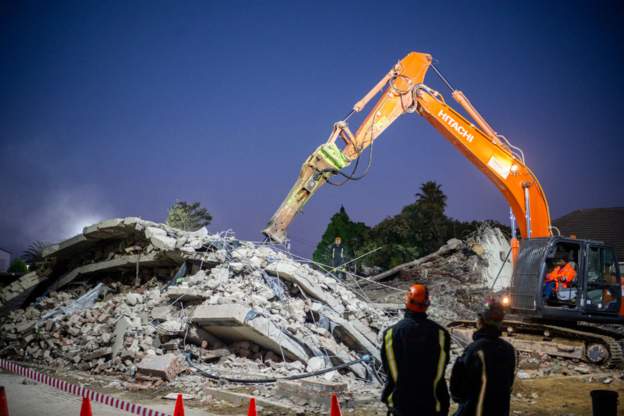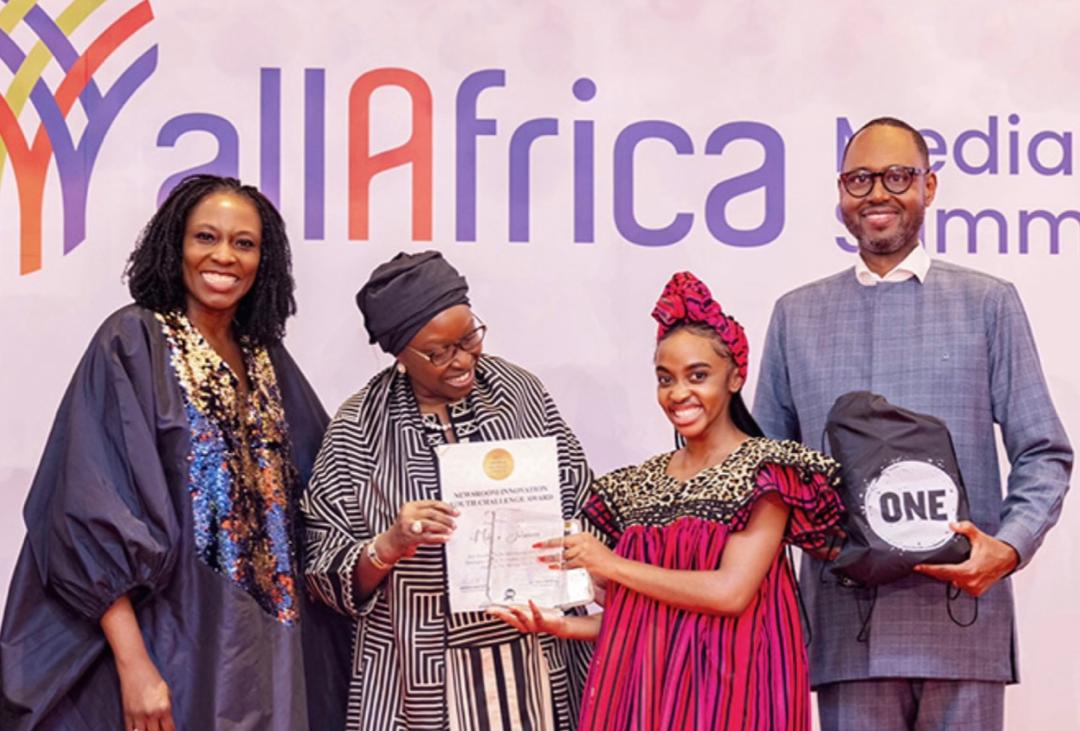THE FOURTH of May is Cassinga Day. This is the day when Namibians remember one of the saddest episodes in this country’s struggle for independence from the shackles of the apartheid system. Perhaps with the exception of the genocide against Namibians by the German colonisers at the beginning of the last century, no other colonial massacre has claimed the lives of so many Namibians.
Yesterday’s anniversary marked the Cassinga massacre where nearly 1 000 people were killed in cold blood by the then South African soldiers in southern Angola. The attack took place on 4 May 1978. The attack was cowardly and barbaric and left many people dead and wounded, mainly women, children and the elderly because this was not a military camp as such.
No one will forget that day, not least the survivors themselves, but on the other hand, we should try not to dwell too much on the specific event itself but instead the meaning of it.
For me, Cassinga Day should be a time to reflect on the heart and soul of this nation’s identity and destiny.
The question is whose day is Cassinga Day? How one answers that question will have different implications for national reconciliation and the broader national project of trying to forge a united and unified Namibian society.
On the one hand we spend resources to promote the ‘pride and nationhood’ project and on the other we celebrate or commemorate our ‘political days’ as if they are political parties, or even worse, ethnic specific. Let me cite some examples to illustrate what I mean.
Every year, or so, the Ovaherero/Ovambanderu communities flock to Okakarara to commemorate the battle of Ohamakari between German colonial troops and the Ovaherero/Ovambanderu. Then there is the Okahandja annual ‘pilgrimage’ which is seen as a Ovaherero event and the commemoration of Omugulu Gwombashe/Ongulumbashe is seen, by some people, as a Swapo issue and by extension an essentially Aawambo historical event. The May Day celebrations have, unfortunately, been cast in the same light because of the ill-considered affiliation to Swapo of the National Union of Namibian Workers. It is only Independence Day celebrations and the 10 December (1959) commemoration which seem to enjoy more nationalistic legitimacy, even though, again in the latter case, Swanu tends to claim credit for it because it was the only existing African nationalist movement at the time.
These perceptions were created by our collective failure to put these events in their proper political context to make them part of the collective history of this country so that everyone across the length and breadth of this country can identify with them.
As it is now, one gets a sense of overglorification of the Ovaherero and Aawambo people’s history and ‘heroism’ to the exclusion of others. How then should other groups in the country associate, let alone appreciate, our history when we are basically involved in selective remembrance?
Truth be told, all ethnic groups in this country were not passive receivers of the colonial order. They too fought battles at one point or the other. Was it not the legendary Hendrik Witbooi who urged Samuel Maharero: ‘Let’s die fighting’?
Thus, our historians’ role should be to contextualise the different political episodes instead of getting cocooned in the hegemonic and heroic talk of certain groups and individuals.
The function of history is to enable us to look backward in order to move forward and not just get caught in a mentality of ‘our people did this and that’ or ‘we liberated this country’ kind of talk.
These historical events commemorated annually are important to many people in this country because they represent history, remembrance and identity. One understands the political emotions and significance attached to all these events. But sometimes one also has to adopt a critical distance and ask the question whether these commemorations and celebrations help to build a nation or are divisive in nature? The latter seems to be true.
Thus the role of leadership is to carry everyone back to the various rivers that we crossed, as we were trekking from the Great Lakes to present-day Namibia, in order to drink from the water of an ‘imagined community’ and this has to be concretised practically.
The point is that leaders are supposed to actualise the will of the people. People make history through a committed leadership, thus no single individual can be said to have liberated this country. The people did. It was a collective effort. There is this unwarranted talk of heroism and attempts to appropriate the history of this country, not only by certain ethnic groups or political parties, but also individuals – the ‘where others wavered’ kind of talk.
We should instead put more emphasis on the collective history of our struggle, on our broader historical experience, instead of celebrating selective episodes and individuals. Let’s accentuate the commonalities rather than the particularities. As Frantz Fanon puts it, each generation must, out of relative obscurity, discover its mission, fulfil it, or betray it.
Stay informed with The Namibian – your source for credible journalism. Get in-depth reporting and opinions for
only N$85 a month. Invest in journalism, invest in democracy –
Subscribe Now!





